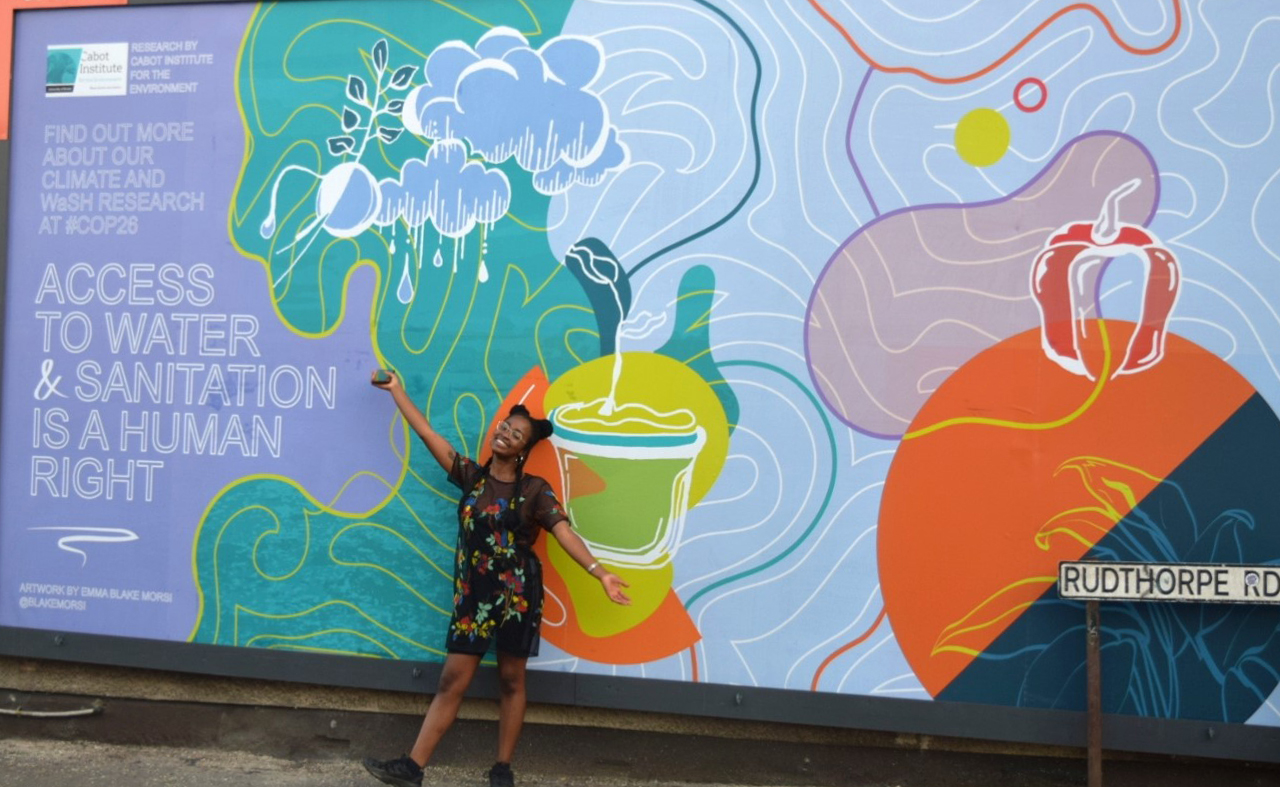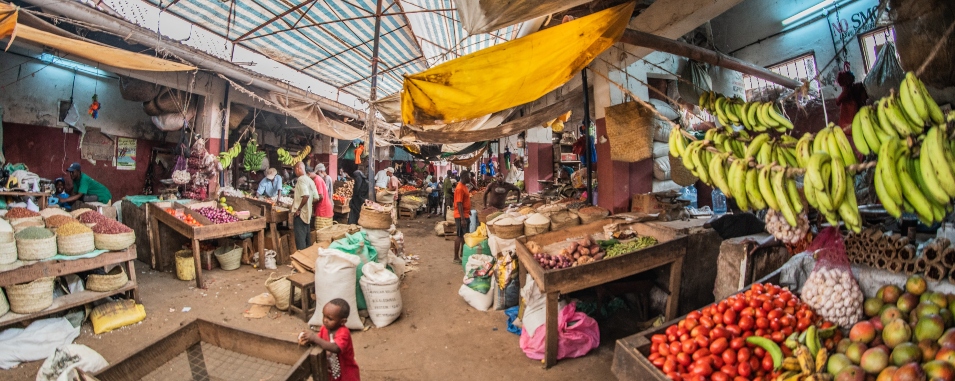Resilient Water and Sanitation Services Research

Water and sanitation are among the most basic services people require to remain healthy and safe. Yet worldwide, nearly 2.2 billion do not have access to safely managed water, of whom nearly 600 million use unimproved water supplies or surface water. More than two billion people lack access to even basic sanitation with over 670 million people still defecating in the open.

Our focus is on low and middle income countries and undertaking research to find effective solutions to long-standing problems with services.
We work on three inter-connected themes:
- climate change and resilience
- securing public health benefits
- ensuring access to services for poor people.
Climate change and resilience
We are developing testing indicators to measure resilience, see How tough is WASH.
We are applying methods to assess resilience of water sanitation systems in Asia and Africa see Sanitation and climate: assessing resilience and emissions (SCARE) and Beyond the Networked City.
We are also working to improve our understanding and measurement of greenhouse gases that come from sanitation systems. Building on our understanding of resilience, we are working on methods to undertake Water and Sanitation Vulnerability and Adaptation assessments.
Our research papers
Please see our research papers
Visit our project website
Click on the image below to visit our project website and see our full range of climate resilient WASH research

